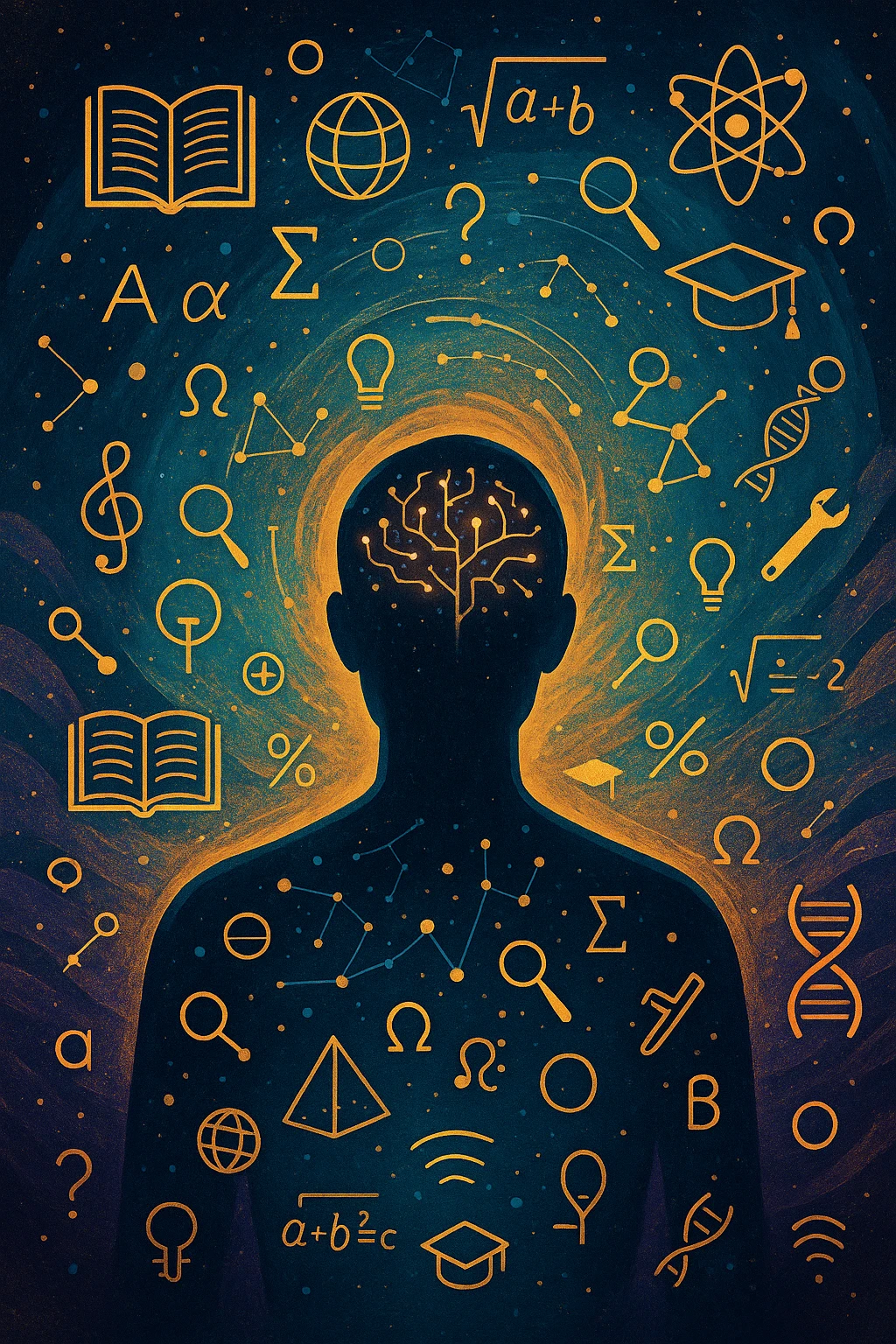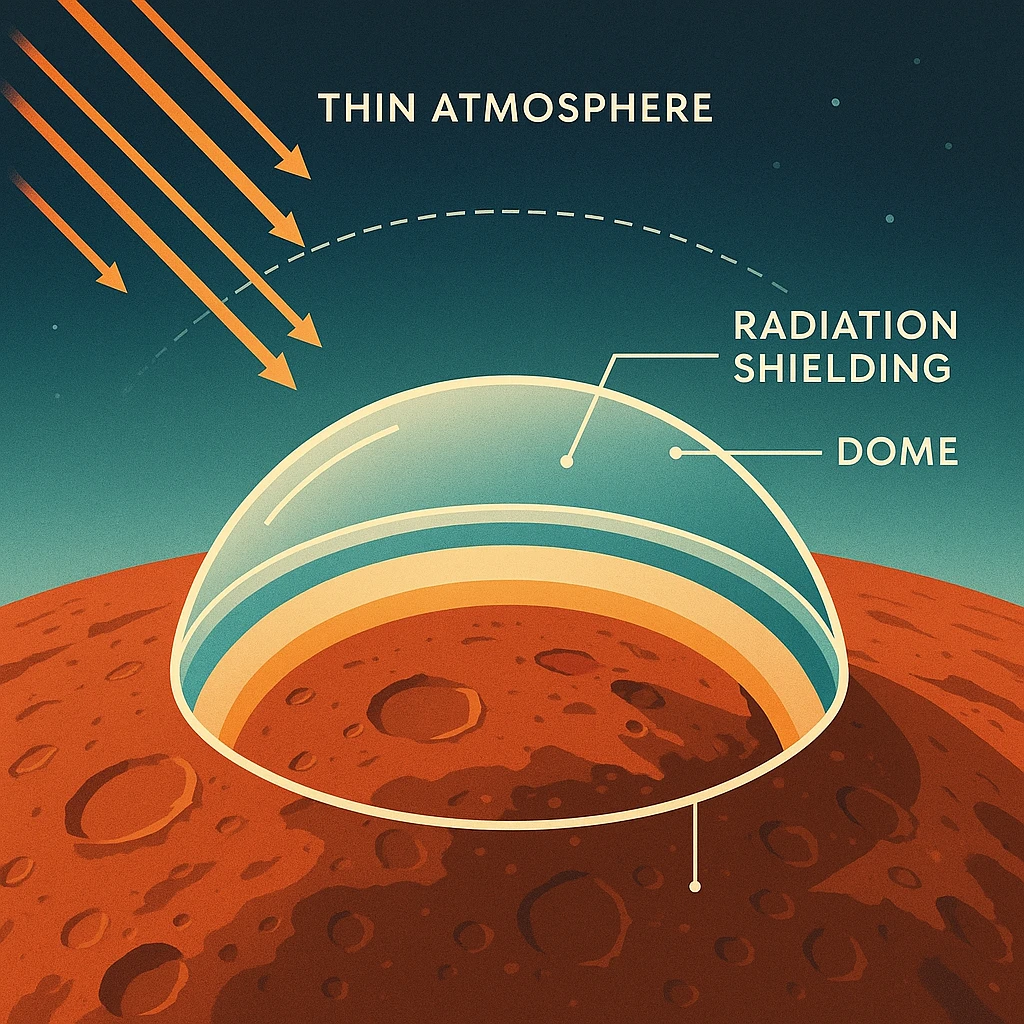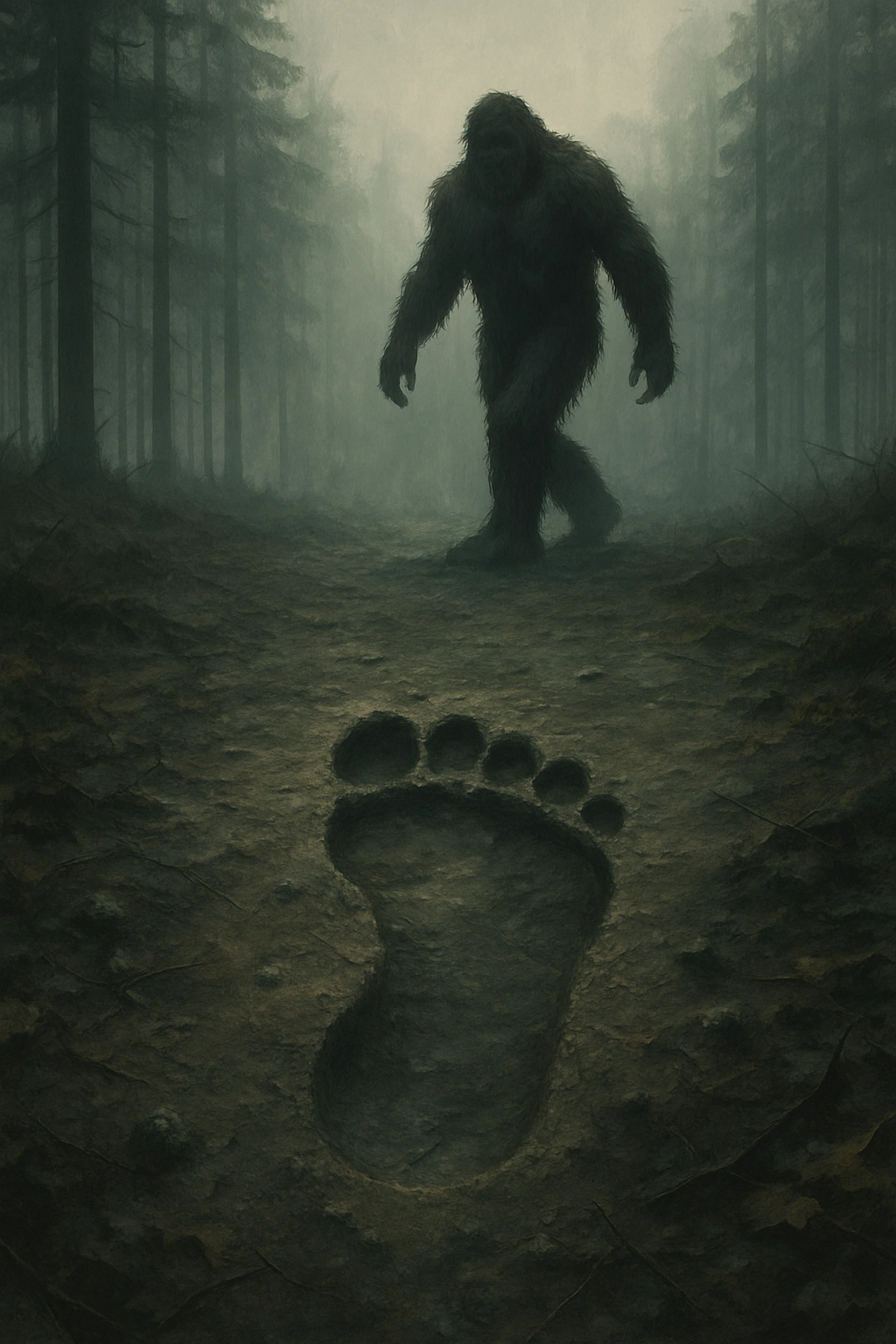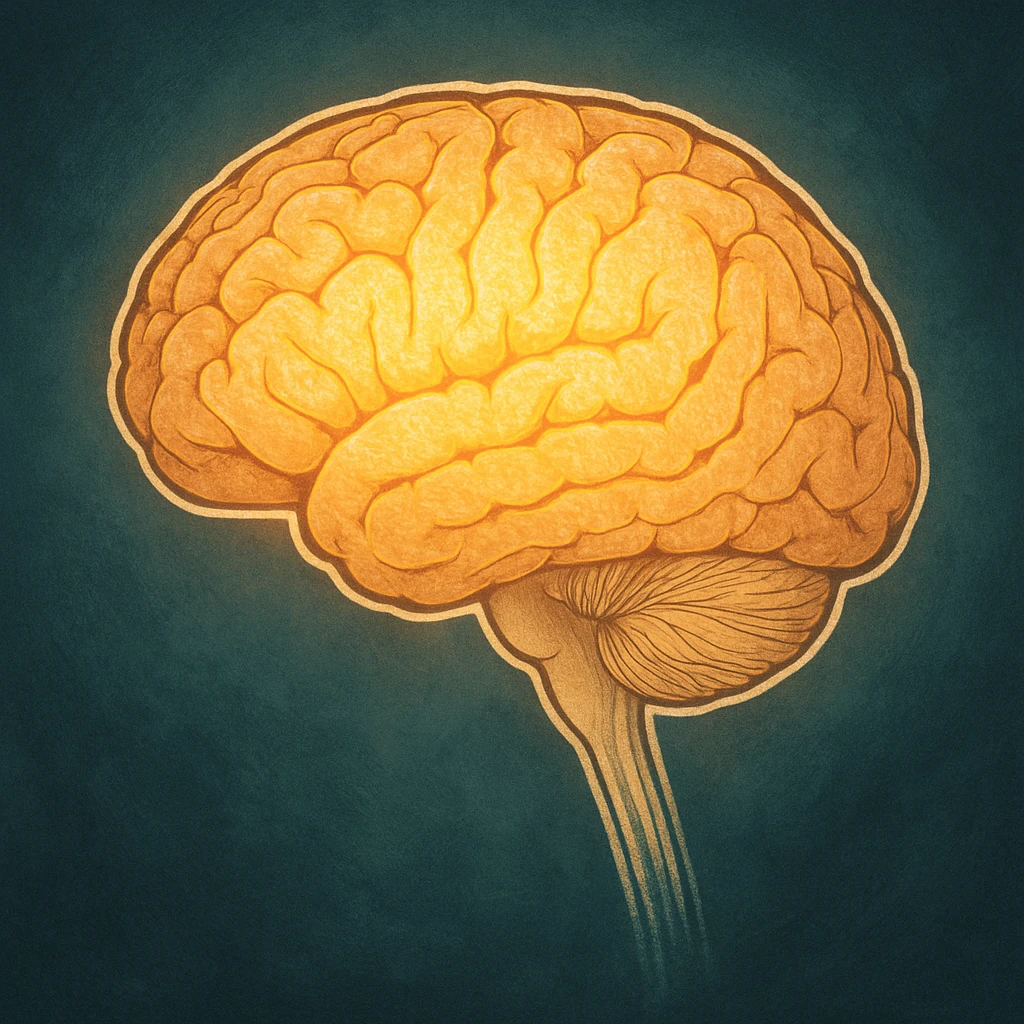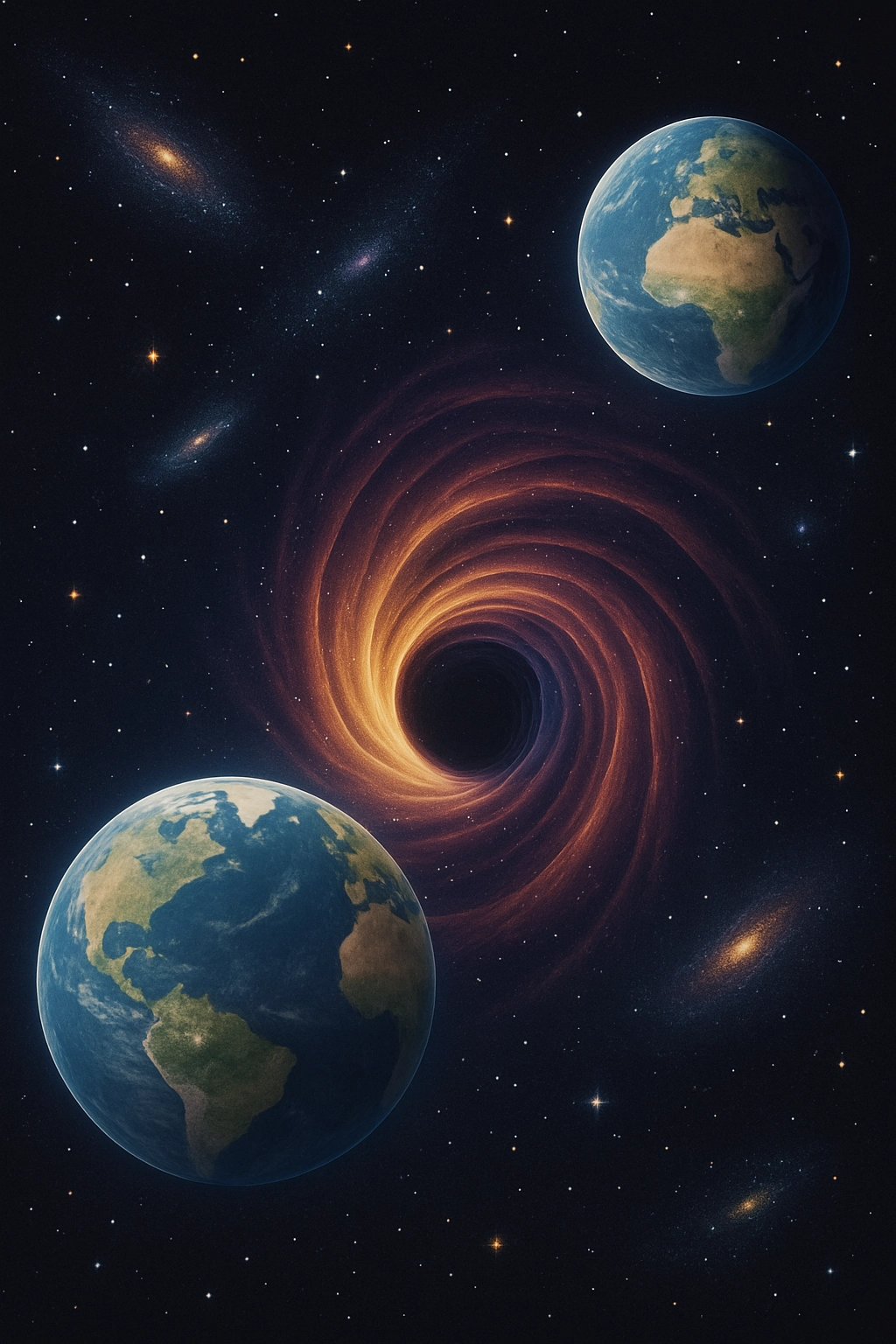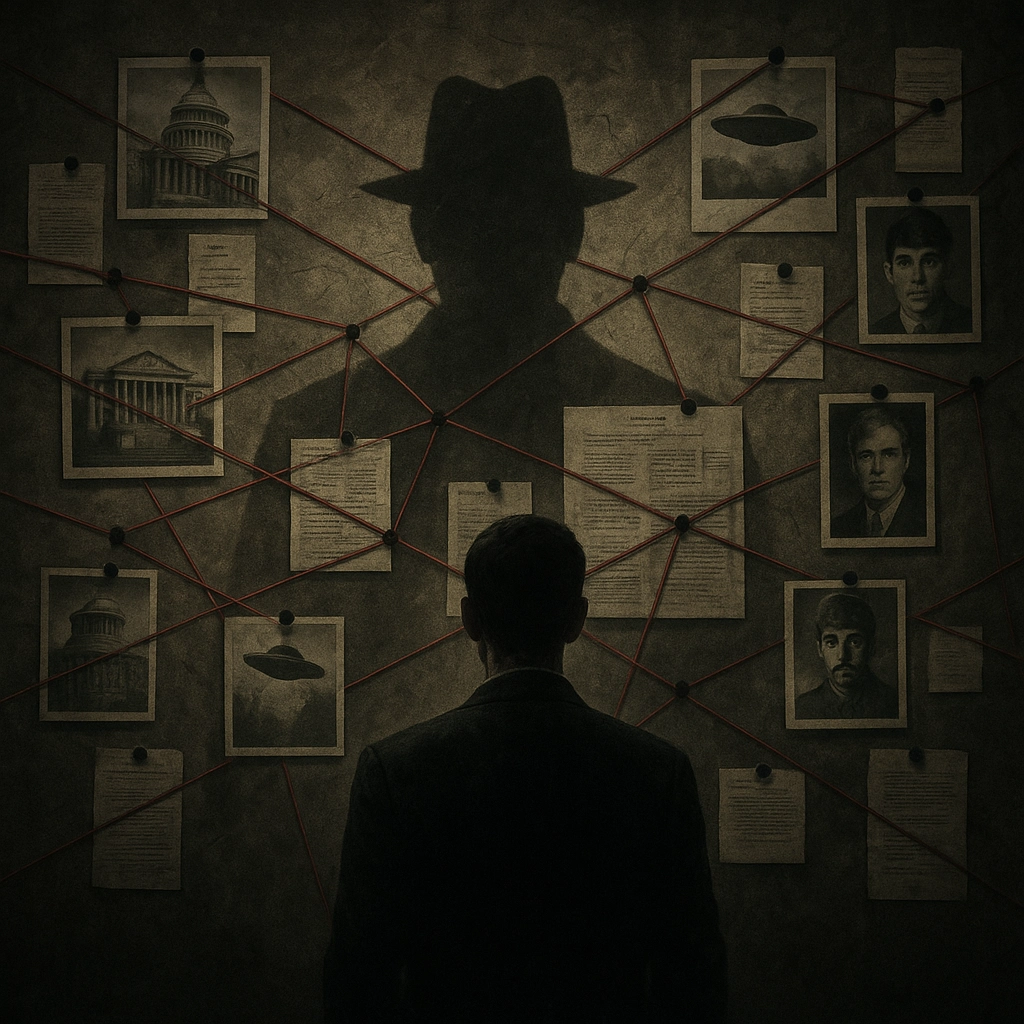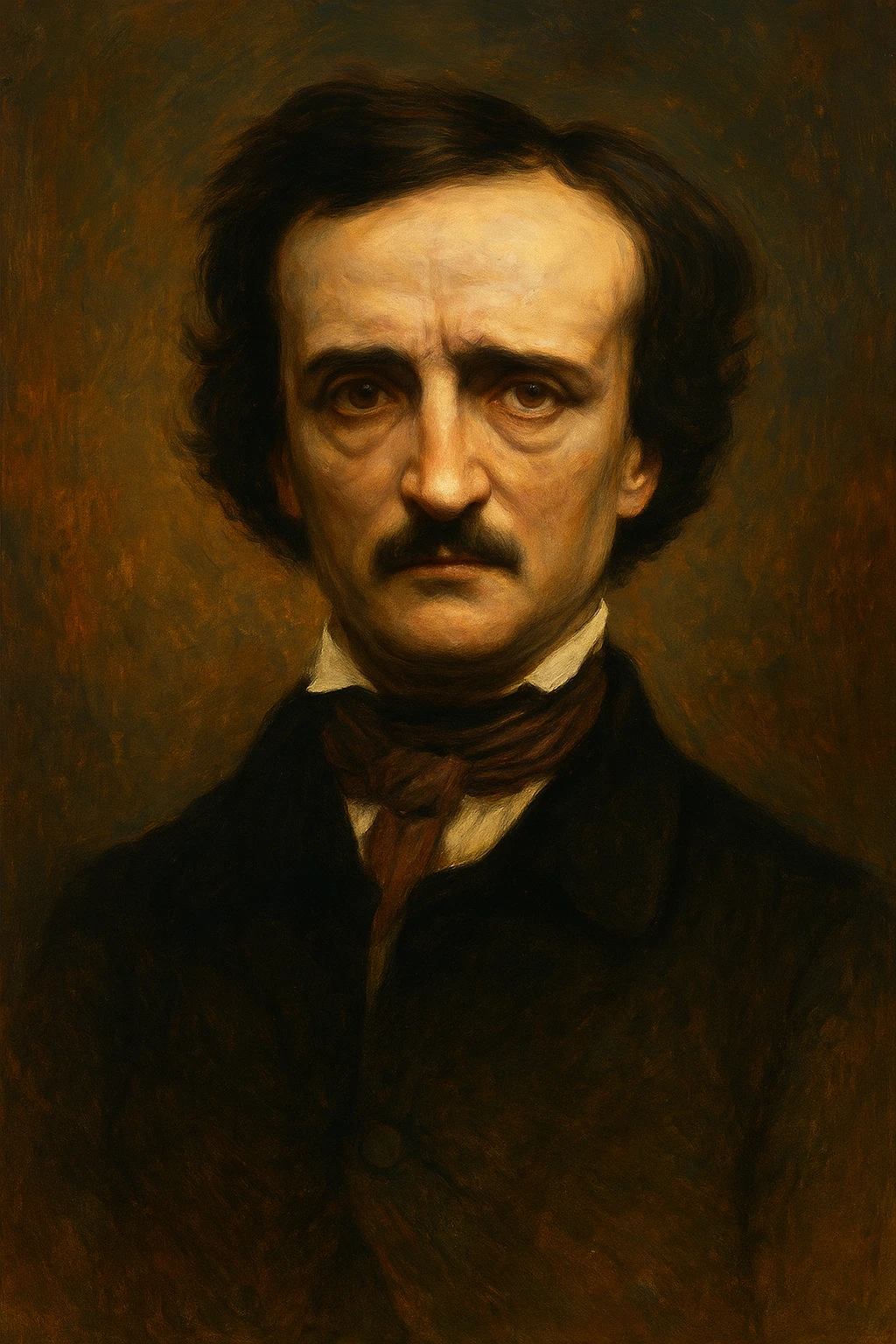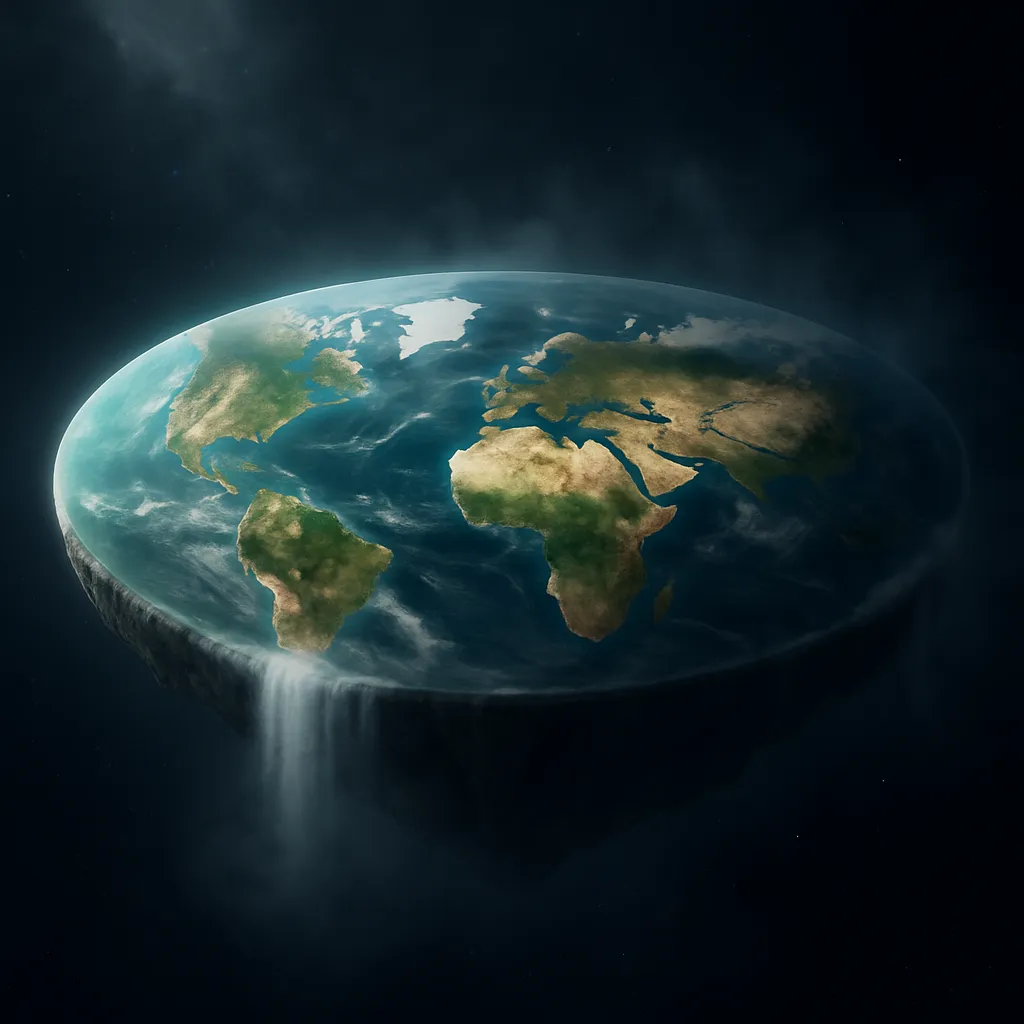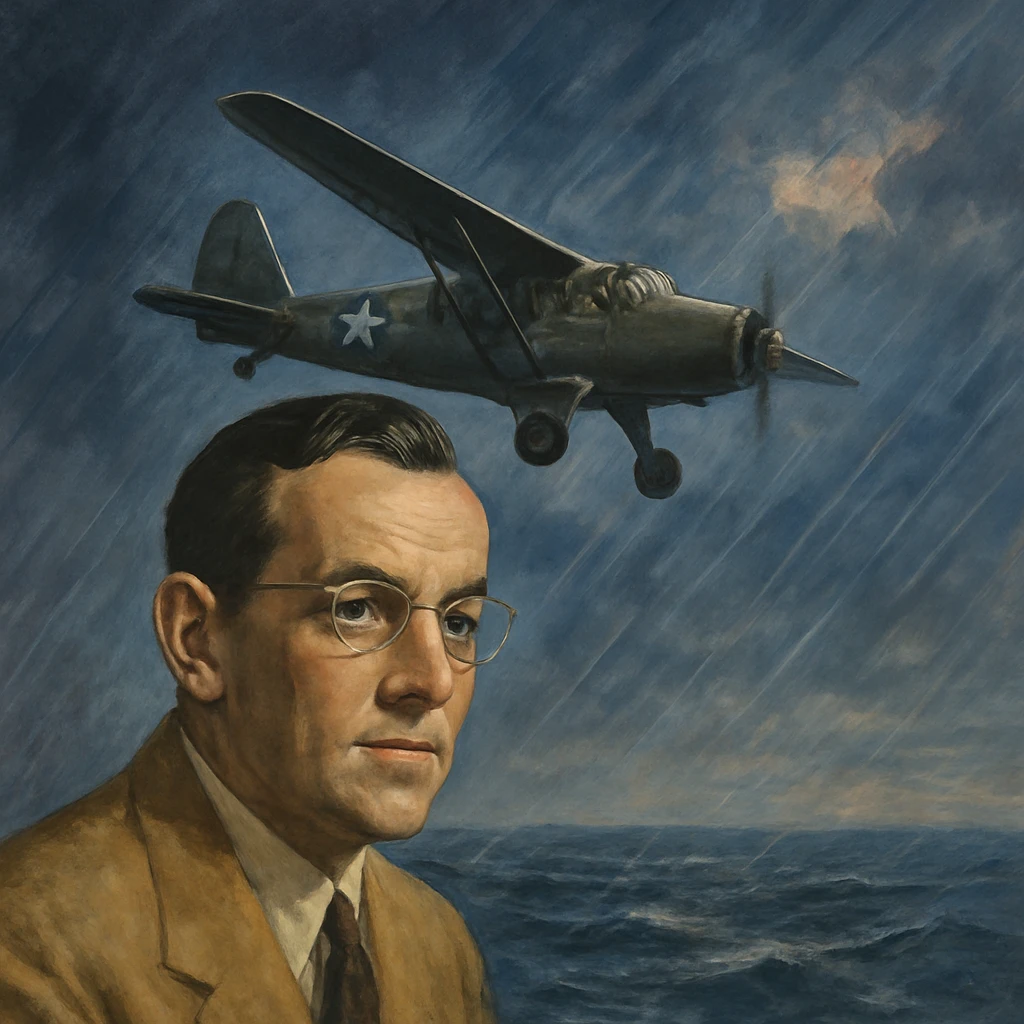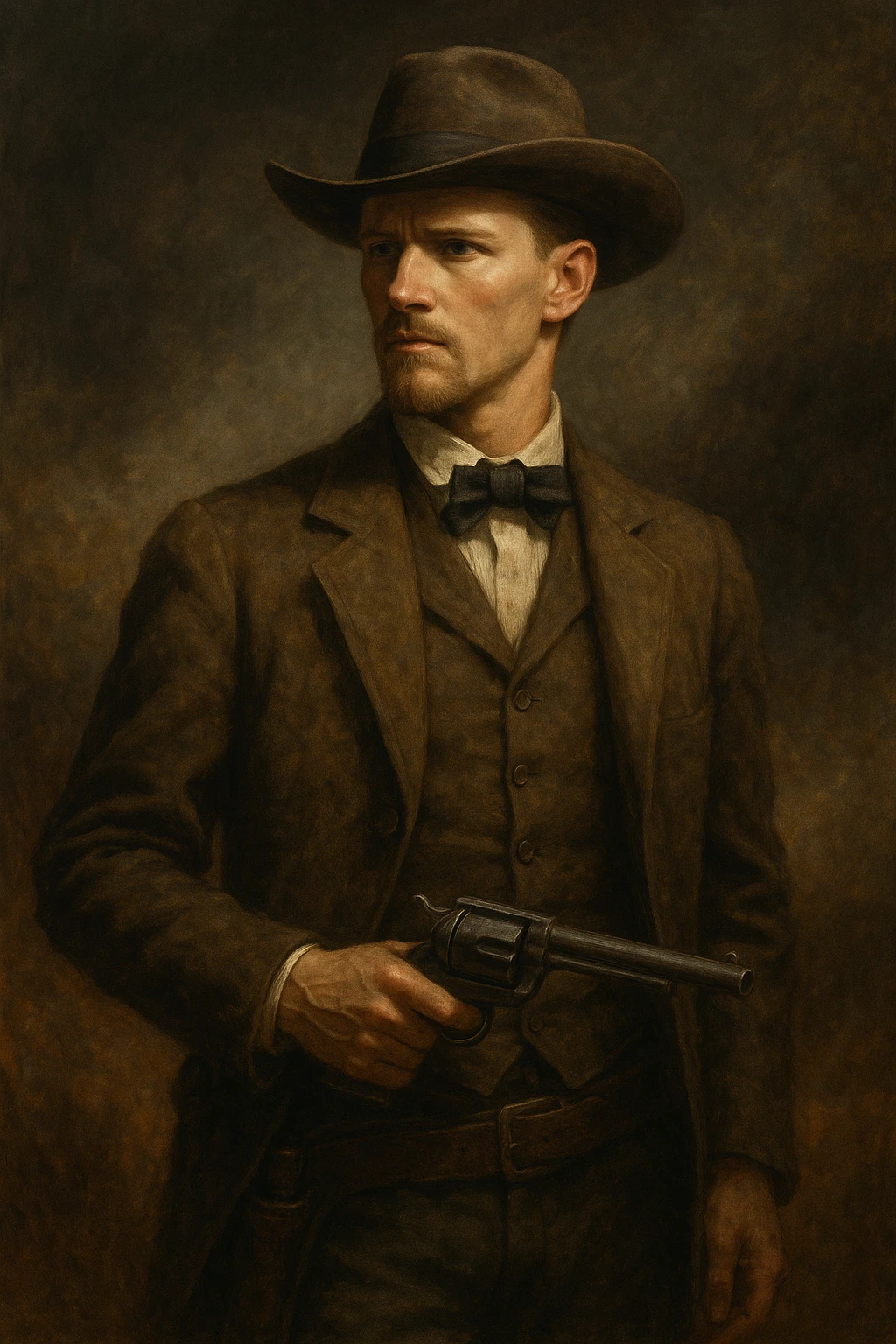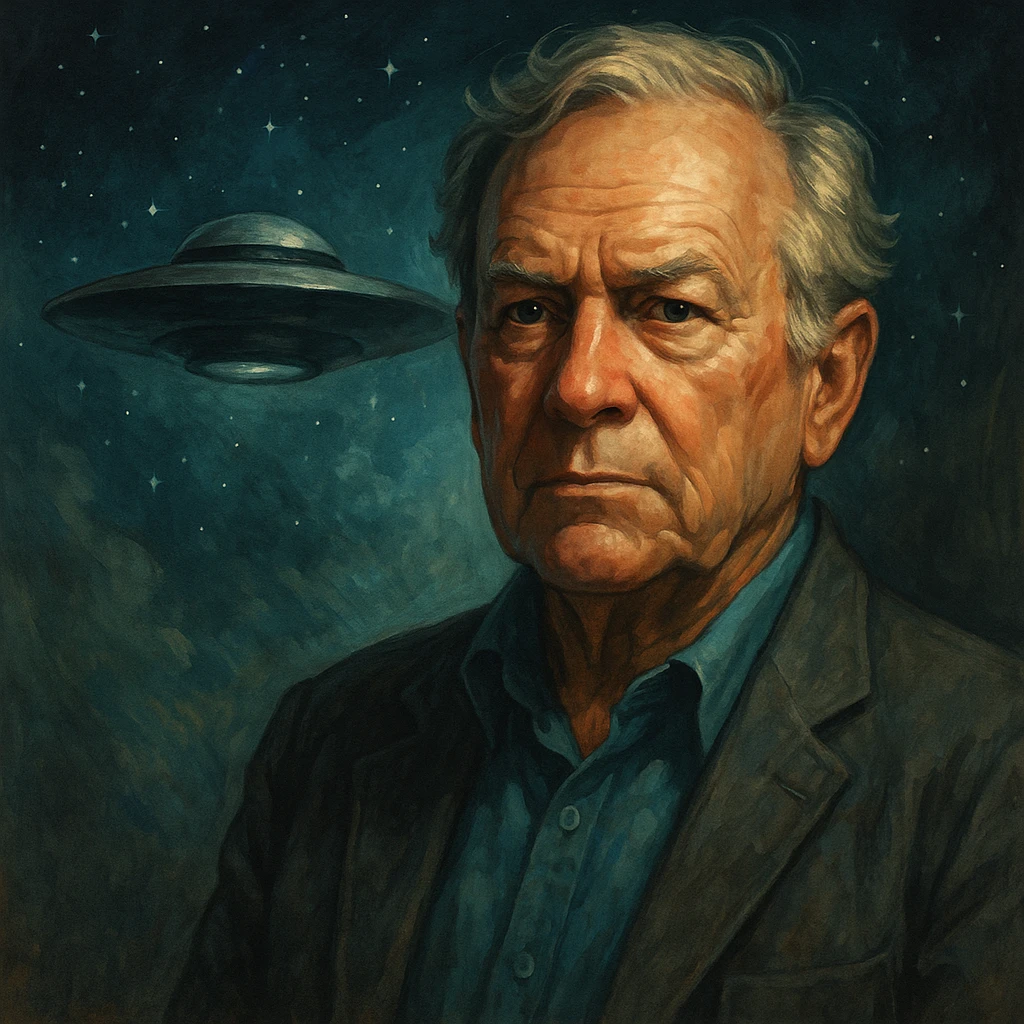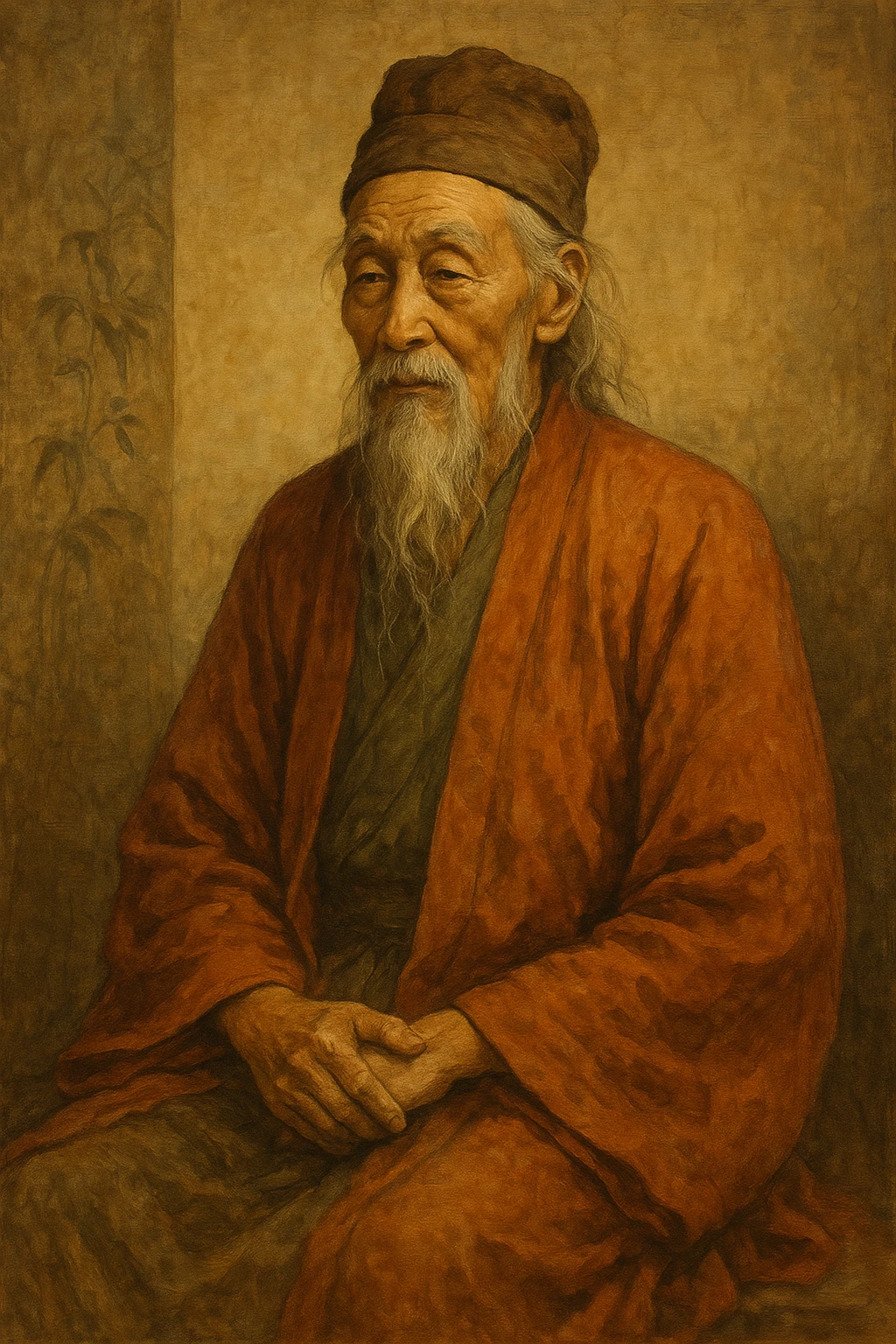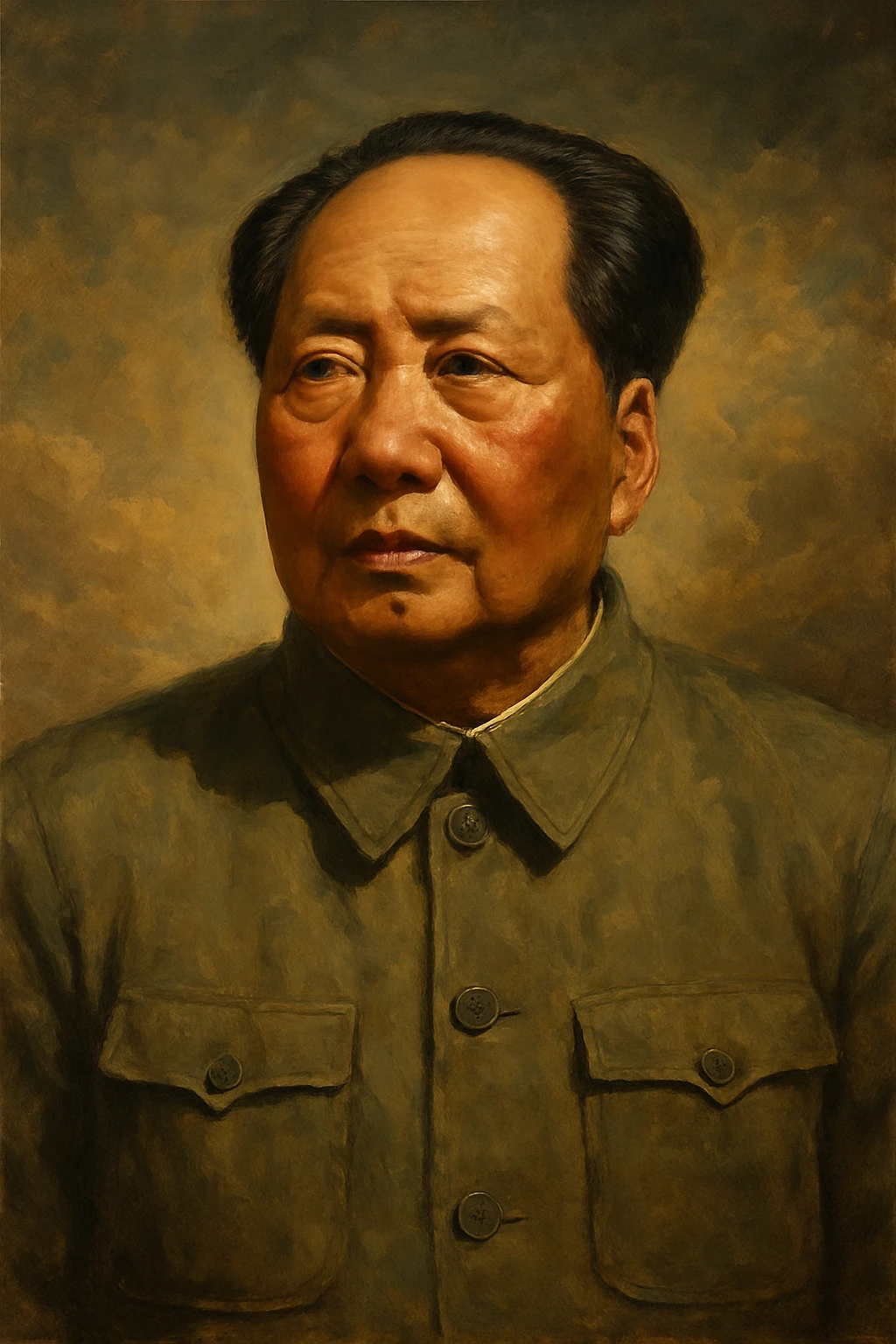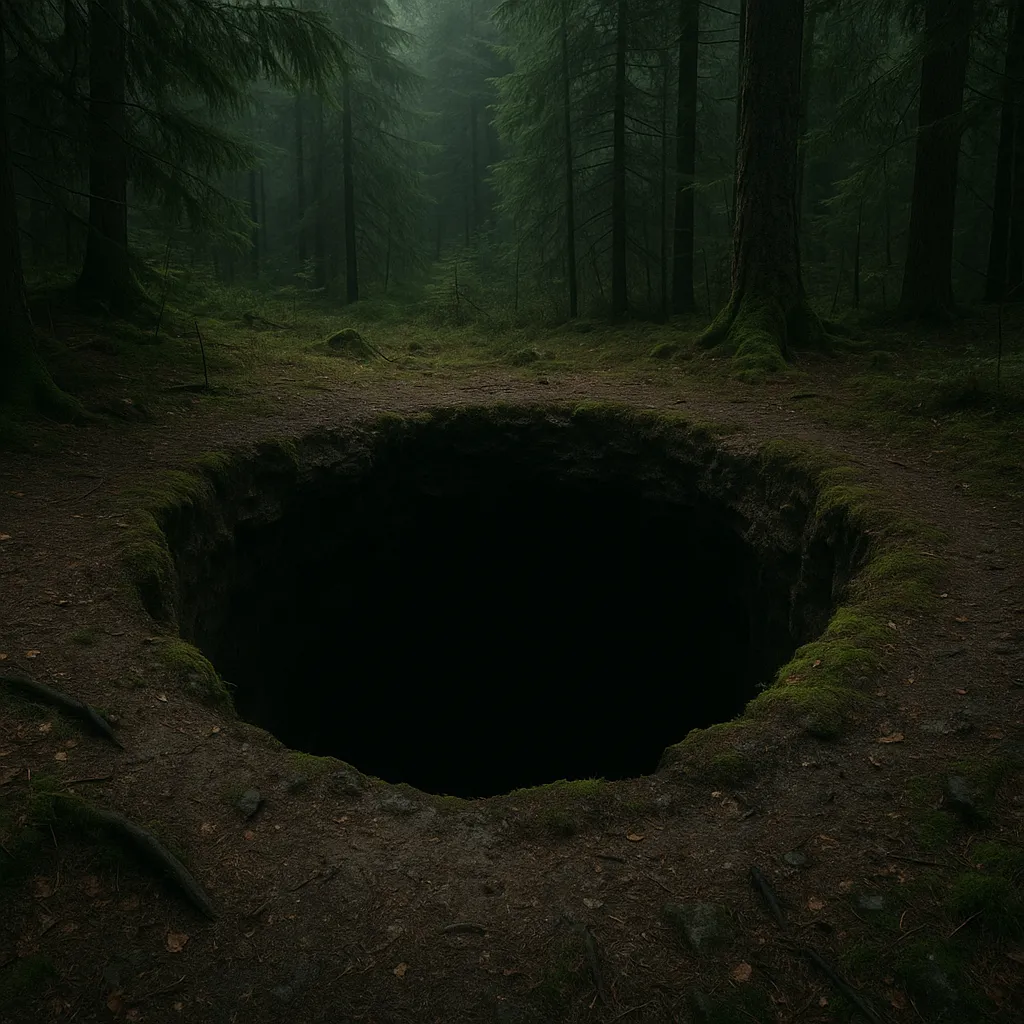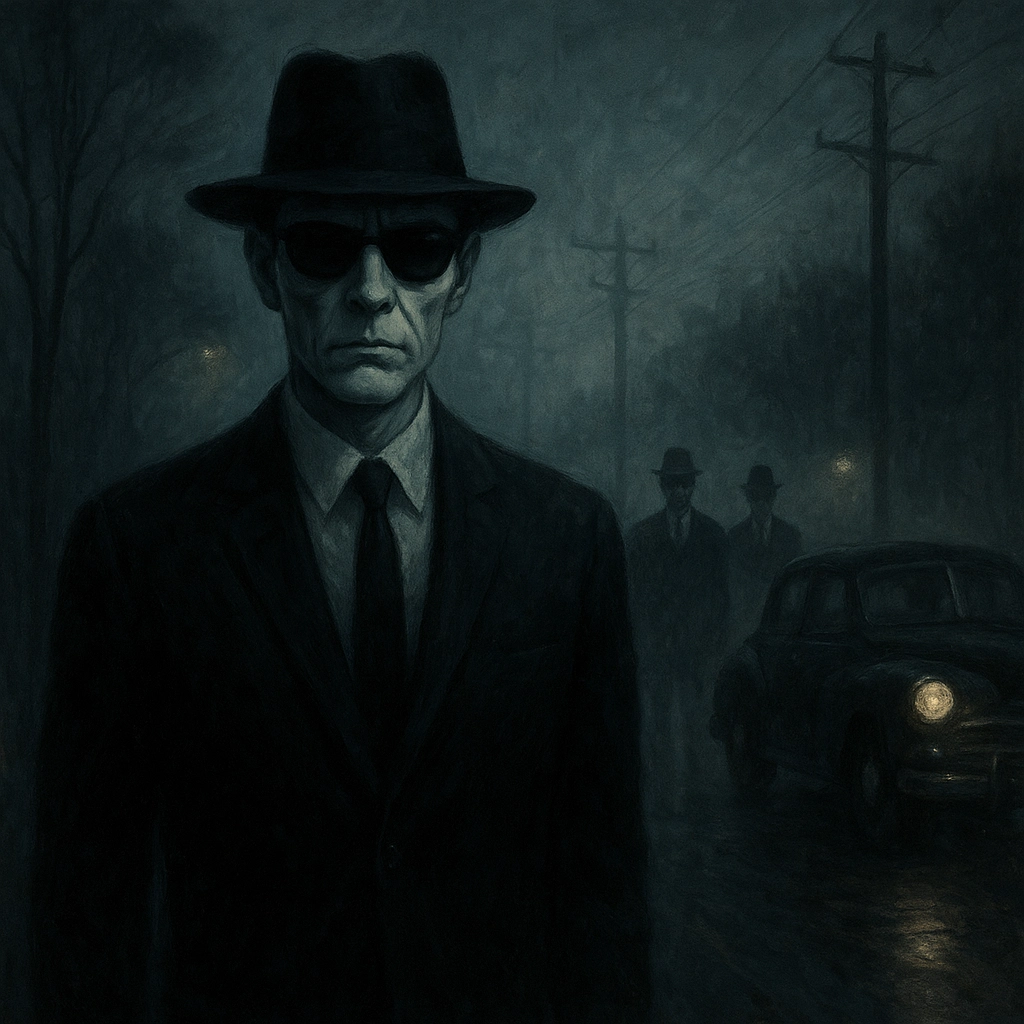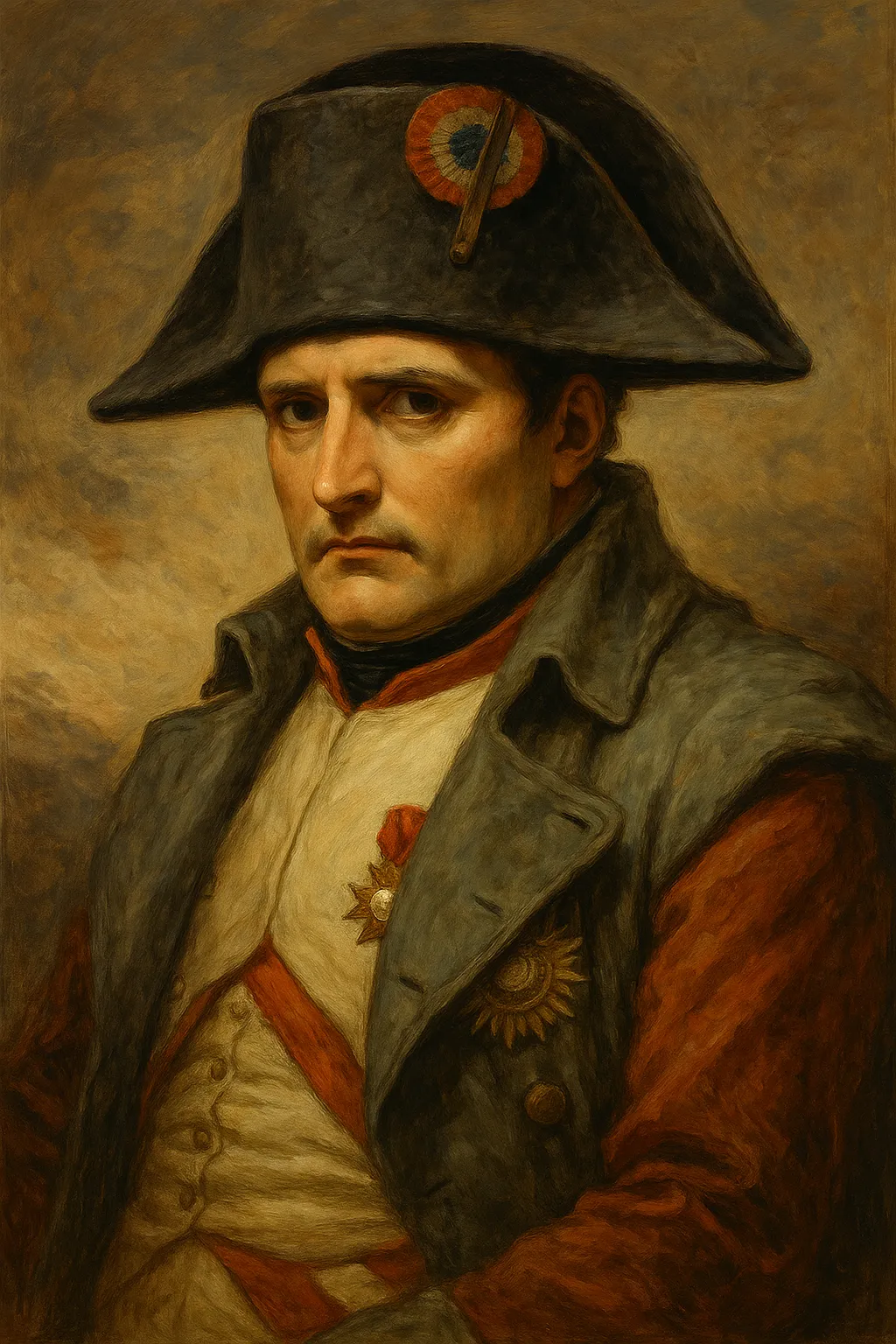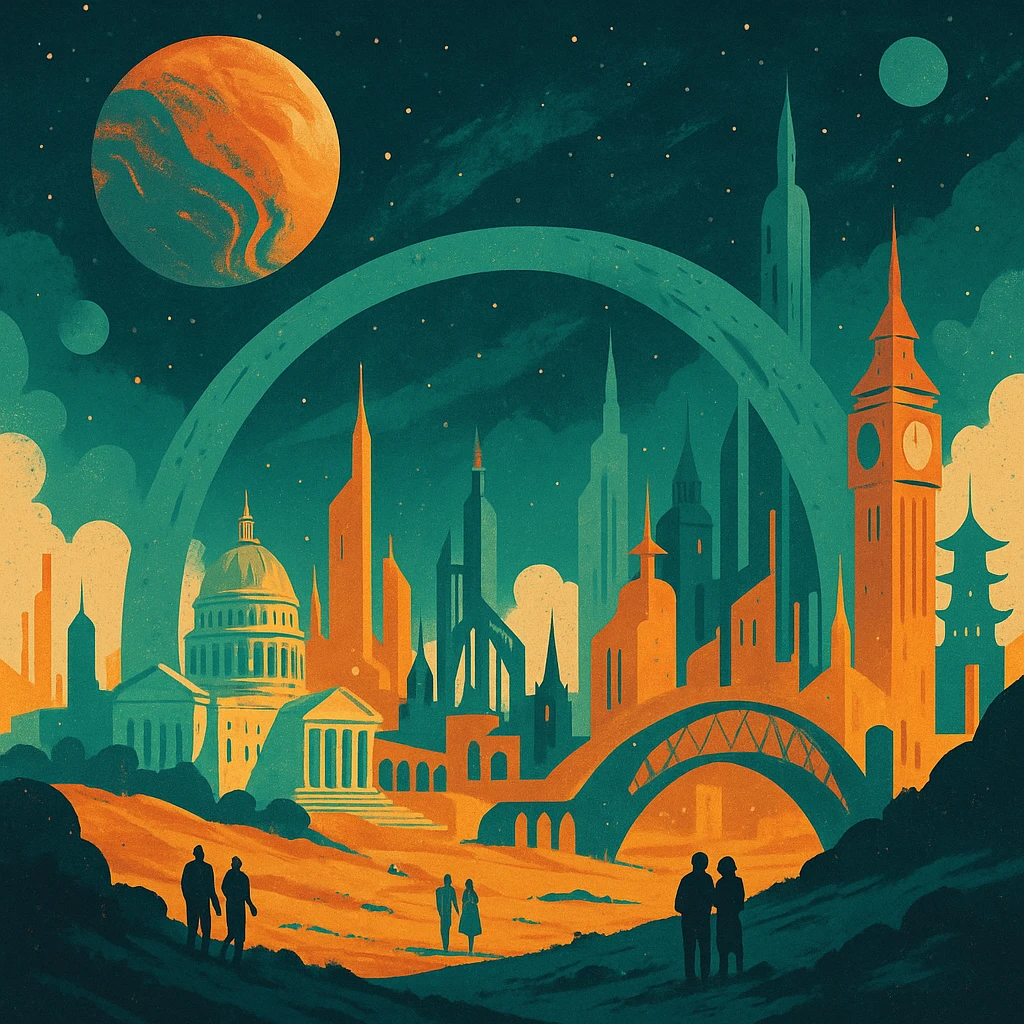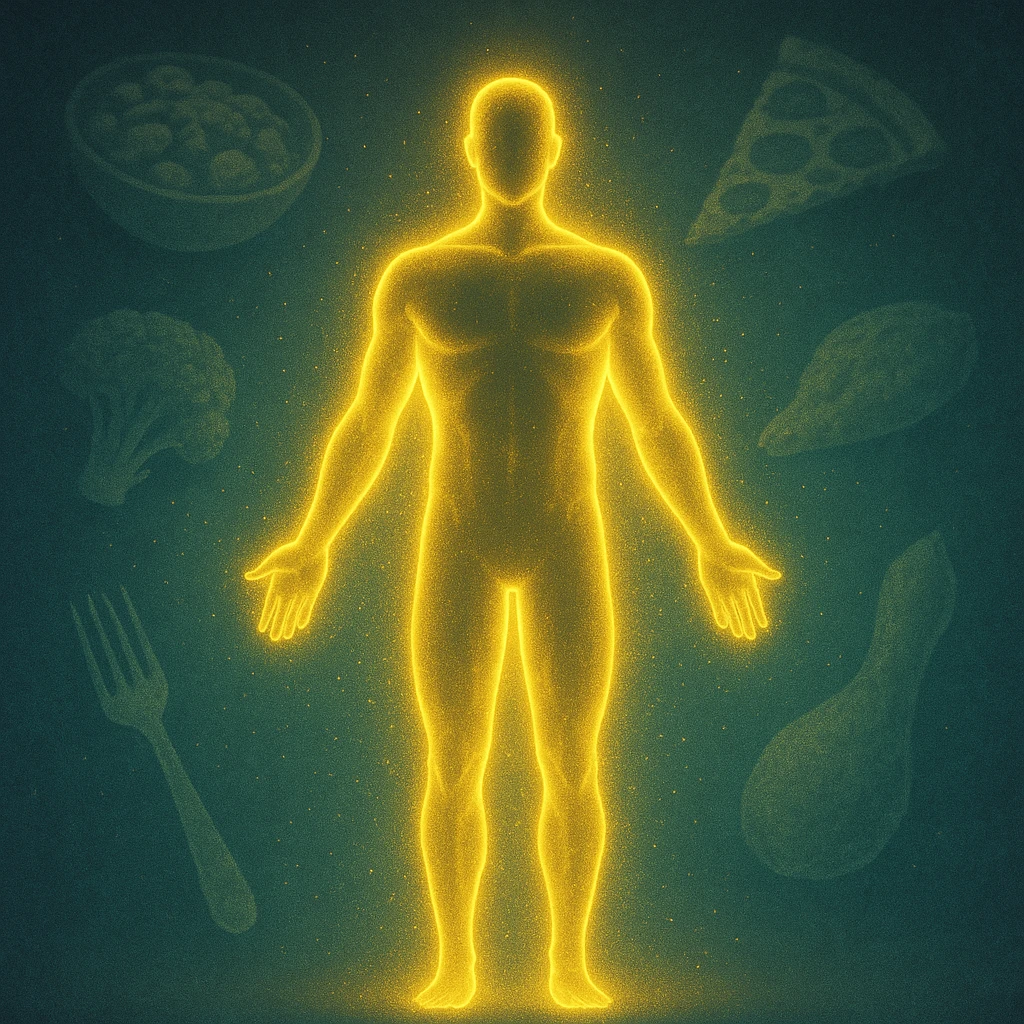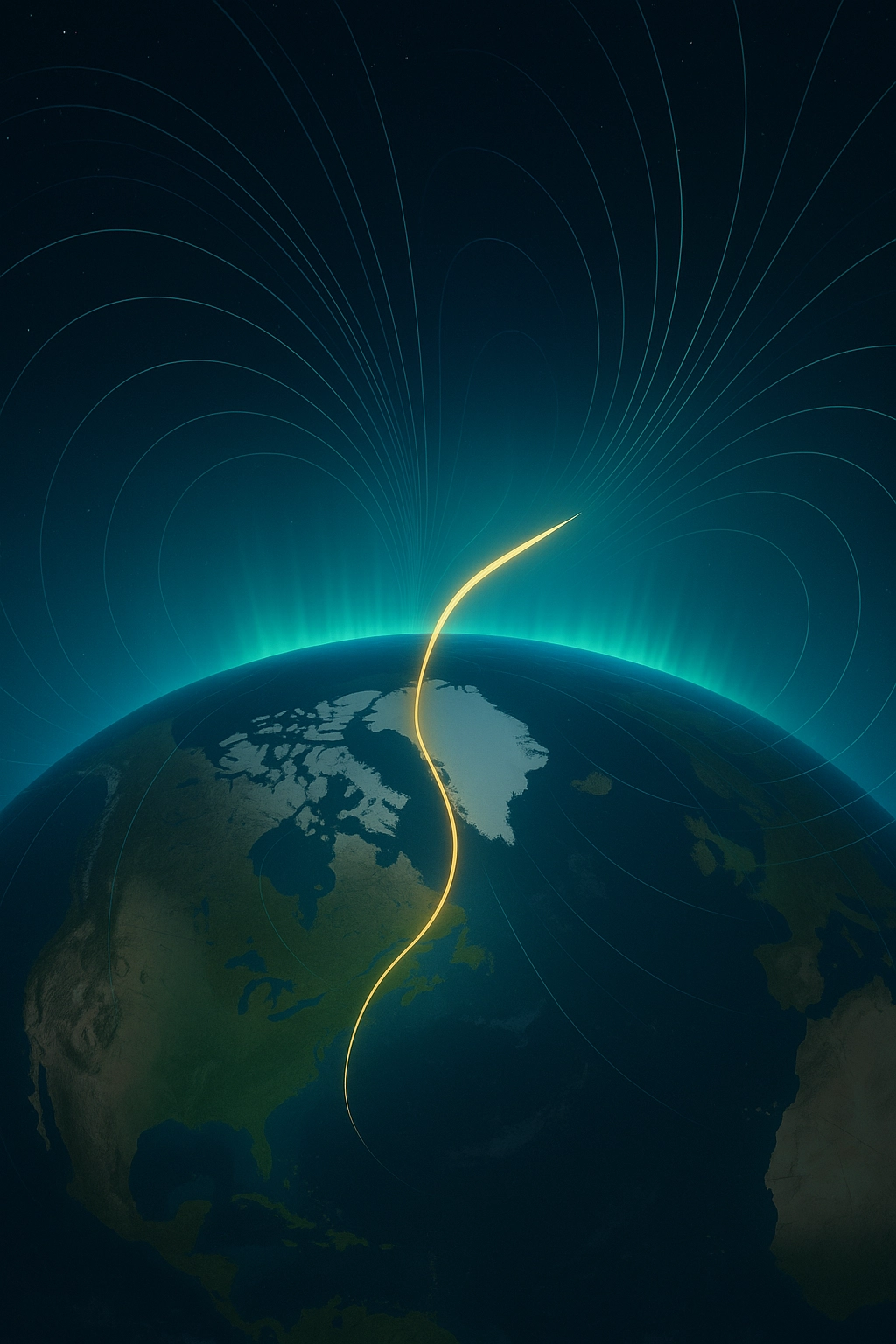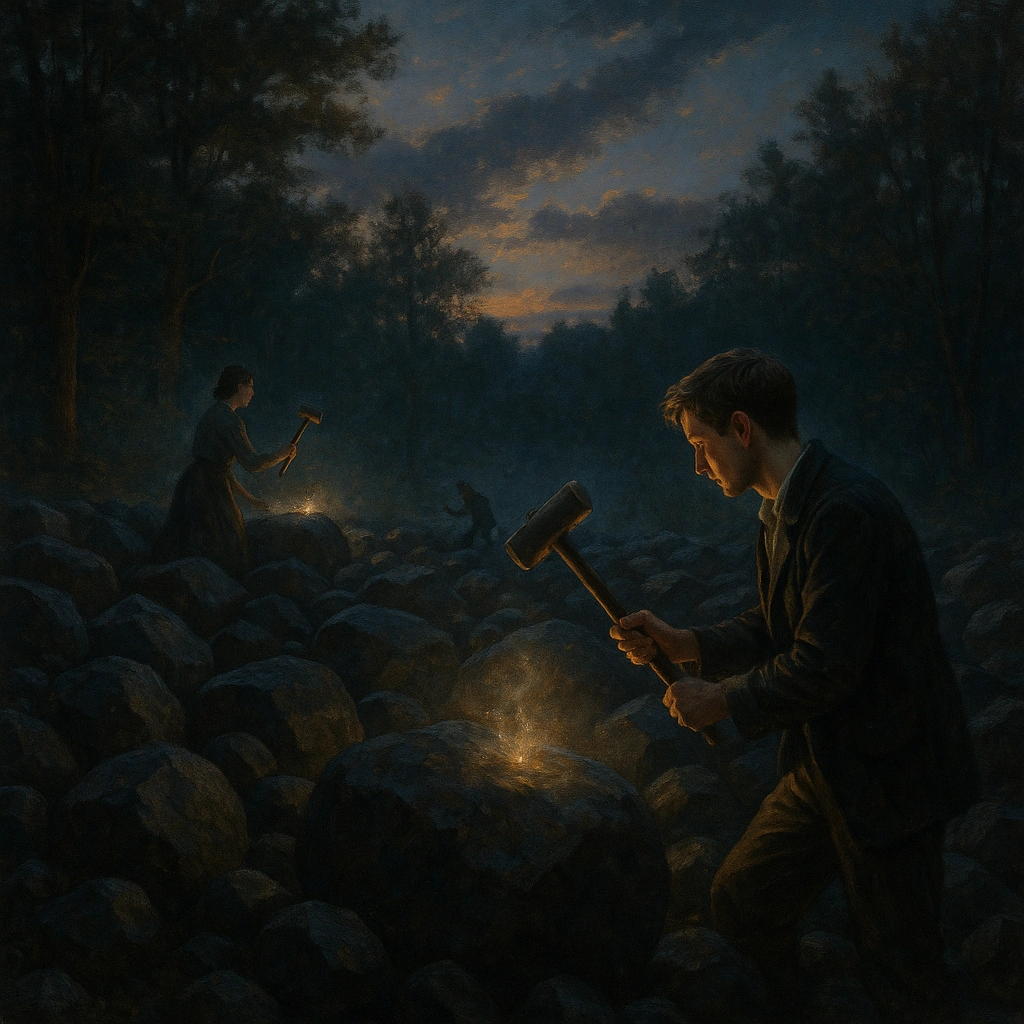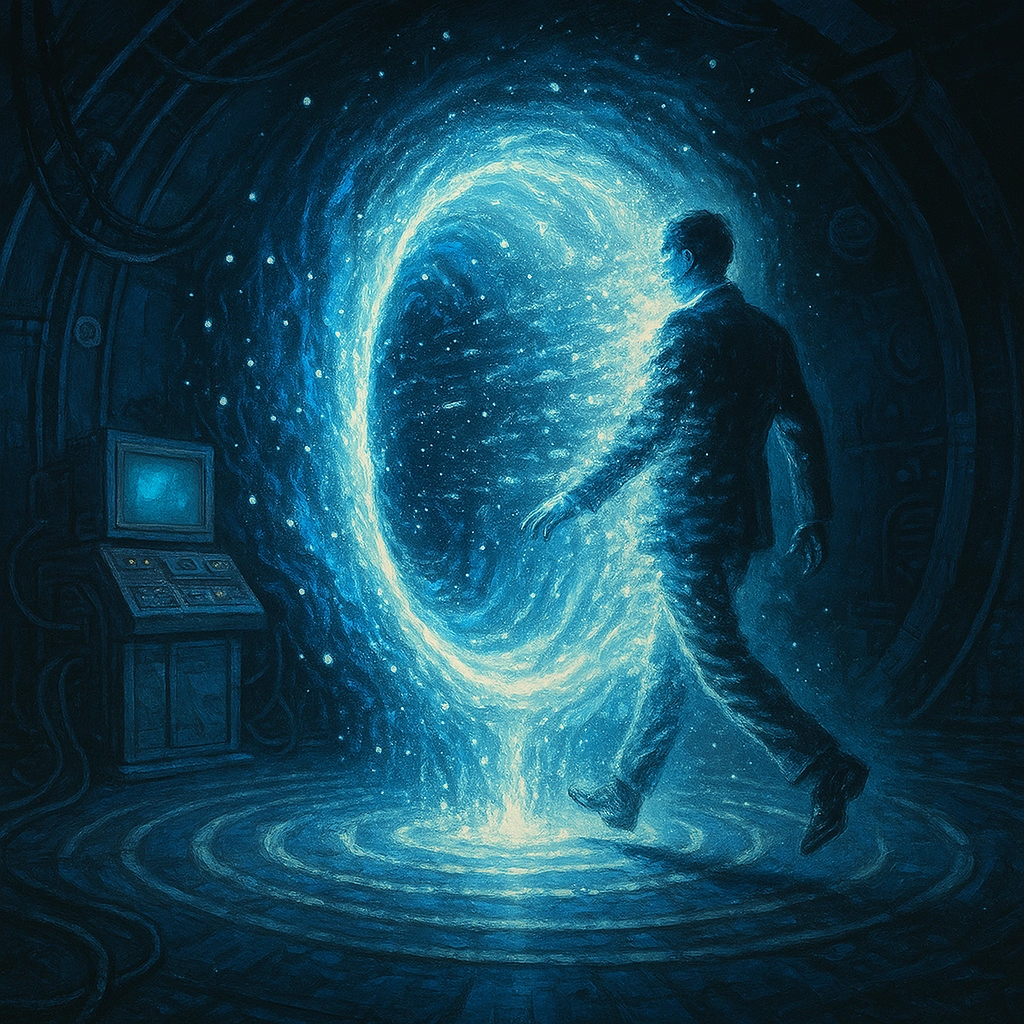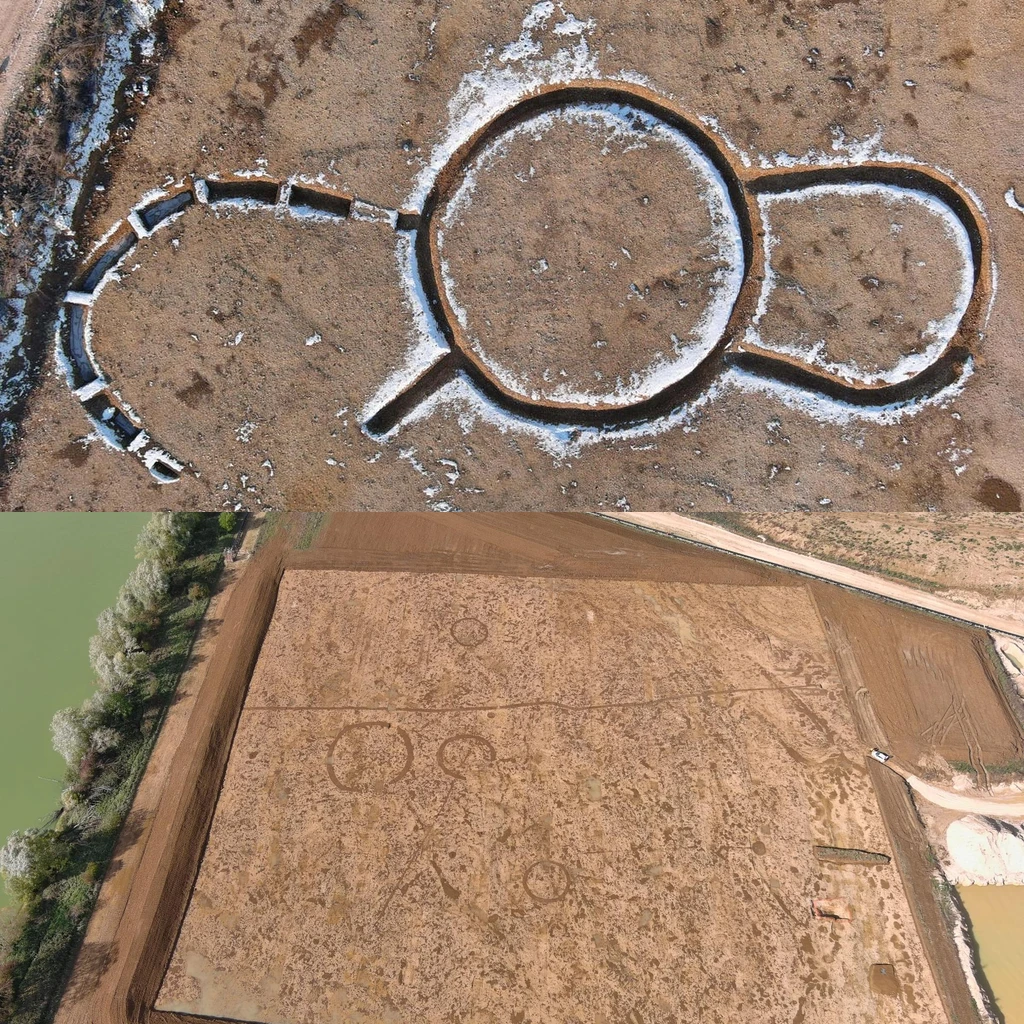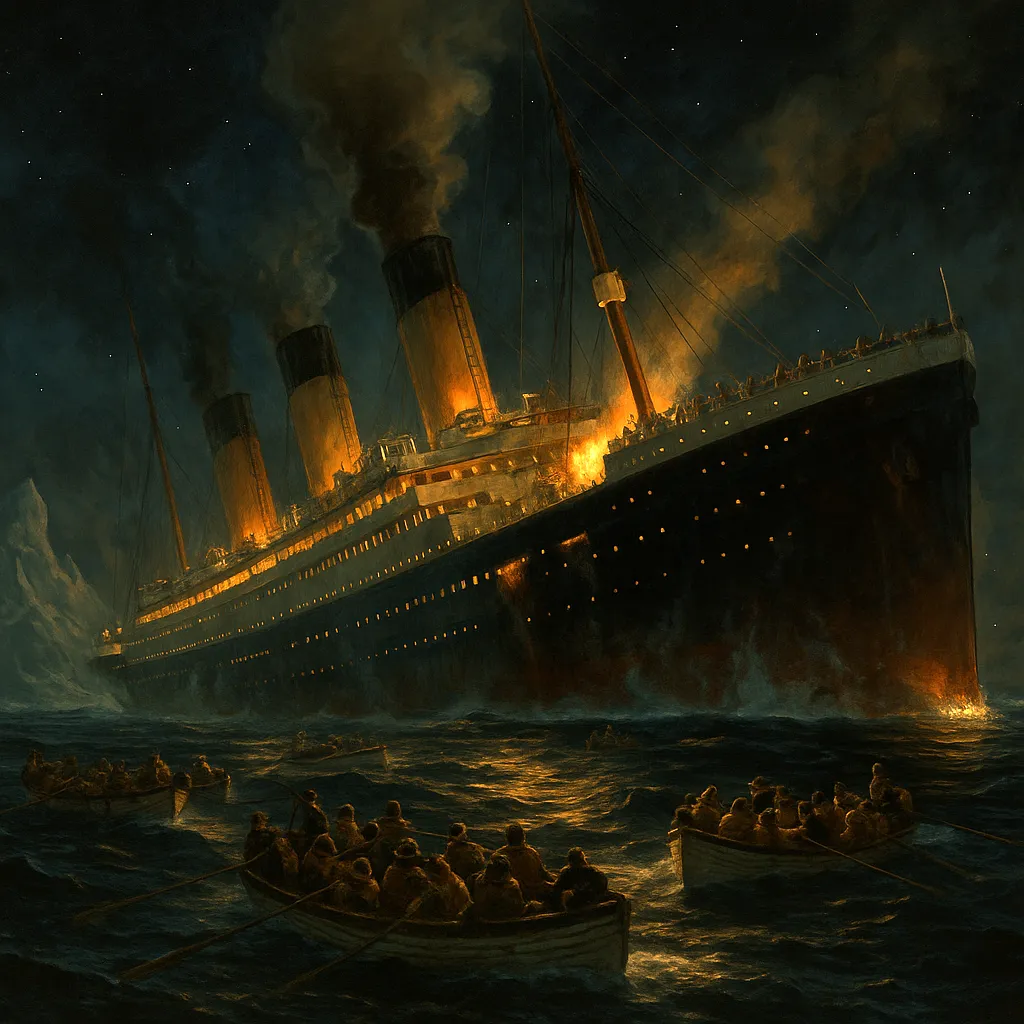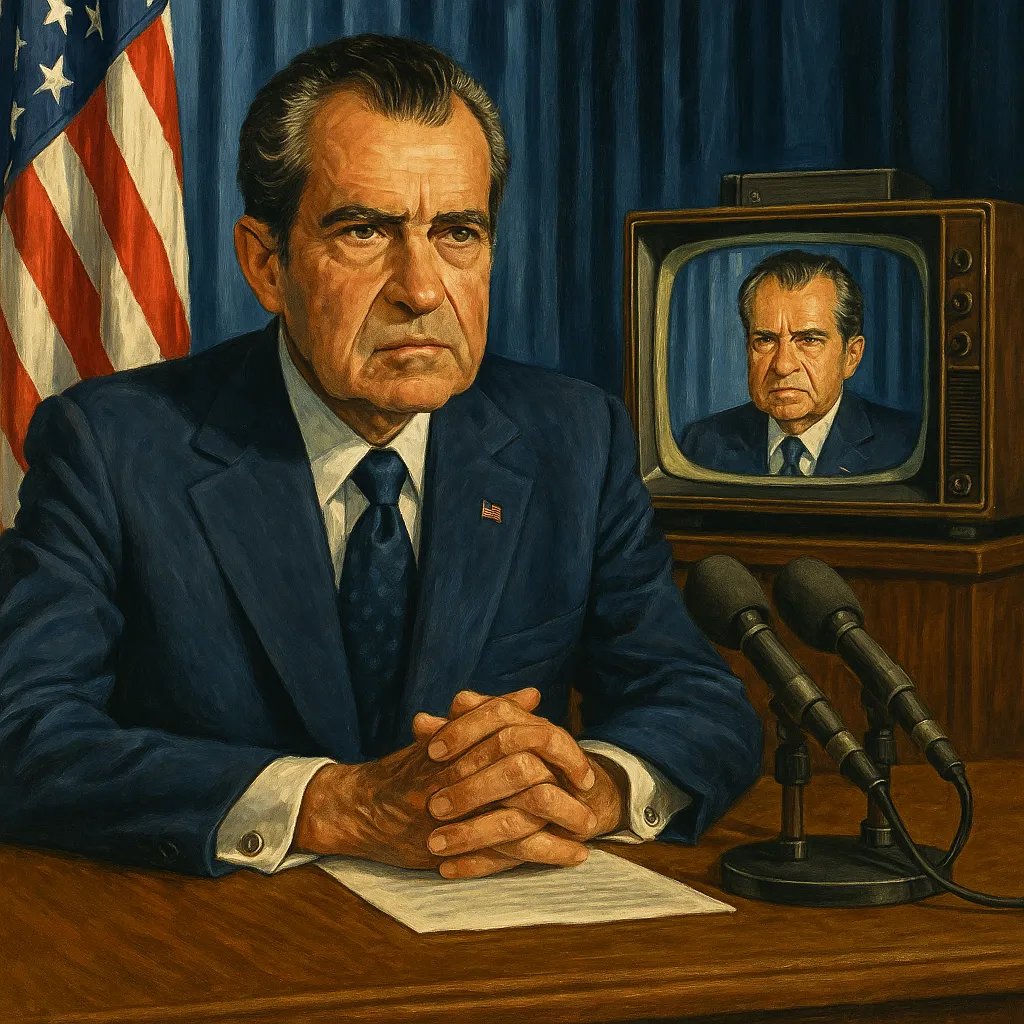What If You Could Time Travel
Quick Answer: If time travel became possible, it could let us visit the distant past or far future. But it also raises deep questions about reality, history, and the laws of physics.

The Premise
Time has always been a canvas of possibilities-and the idea of slipping its boundaries has fueled our greatest stories and scientific quests. What if we could step outside the present moment and traverse the timeline like a river that can be navigated both upstream and downstream?
Einstein's theory of relativity shattered the notion of absolute time, showing that past, present, and future blend in the fabric of space-time. If physics supports one-way trips into the future via high-speed travel, could we engineer a two-way gateway? Would we marvel at witnessing the construction of the pyramids, or hesitate, knowing that a single misstep might echo into catastrophic paradox?
Imagine a device-perhaps a rotating cylinder warped by massive gravity, as envisioned by physicist Frank Tipler-creating closed timelike curves that loop back on themselves. In that scenario, history itself becomes a malleable record, waiting for human curiosity to rewrite its pages.
The Science and Speculation
Albert Einstein's theory of relativity showed that time is not fixed. Time slows down the faster you move-an effect called time dilation. Astronauts traveling near light speed would age slower than people on Earth.
Some scientists propose that wormholes-shortcuts in space-time-might allow travel between different points in time. Theoretical physicist Kip Thorne explored this idea in real equations used for the movie "Interstellar." Still, we have no working method to control or survive time travel yet.
Mathematical Foundations
The core formula for special relativity time dilation is:
? = 1 / sqrt(1 - v^2 / c^2)
?t' = ? ?t
Here, ?t is the proper time interval measured by a stationary observer, ?t' is the dilated time experienced by a moving observer at velocity v, and c is the speed of light. As v approaches c, ? increases sharply, making time slow dramatically for the traveler.
Experimental Evidence
Time dilation is not just a theoretical prediction -- it has been measured in the lab and in the sky. Multiple experiments confirm that moving clocks tick slower, proving Einstein's ideas are more than equations on paper.
Particle Accelerators

In high-energy physics, subatomic particles called muons decay more slowly when accelerated to near light speed. A muon with a lifetime of 2 microseconds at rest can survive for hundreds of microseconds in a collider, traveling further than expected because time for it moves more slowly.
Atomic Clocks in Flight
In the 1970s, researchers flew highly precise atomic clocks on supersonic jets and compared them to identical ground-based clocks. The airborne clocks lagged behind by microseconds, exactly matching the predictions of special and general relativity combined.
GPS and Everyday Life
Global Positioning System satellites orbit at high altitude and speed, experiencing less gravity and moving quickly relative to Earth. Engineers must correct their onboard clocks by about 38 microseconds per day; without this adjustment, GPS positioning would drift by kilometers every single day.
Possible Consequences

Time travel would not just be a thrill ride through history; it could reshape the very fabric of existence. Every step backward or forward risks unintended ripple effects that cascade across decades or centuries, like a meteor striking a calm pond.
- Paradoxes: Alter a single moment and you could trigger a grandfather paradox-preventing your own birth-and raise the question: if you never existed, how did you travel back in the first place?
- Multiple timelines: Each alteration might spawn a divergent reality. You could watch identical versions of yourself living out endless variations of events, while your original timeline continues unaltered in a separate branch of existence.
- Ethical risks: Who decides which historical events to change? Saving lives in one era might doom millions in another. Would time travelers become judge, jury, and executioner of history, wielding power over every unfolding moment?
- Scientific use: Imagine sending expeditions to record extinct species or measure ancient climates firsthand. But exposing past cultures to future knowledge could devastate their societies or erase our own identity.
- Psychological impact: Encountering your future self or knowing your own fate could fracture identity and sanity. Living across centuries might lead to emotional exhaustion, memory overload, or a profound detachment from the present.
In Pop Culture
From "Back to the Future" to "Doctor Who," stories about time travel explore both its wonder and danger. Sci-fi often warns of unintended consequences-even one small action in the past might rewrite everything.
Expert Take
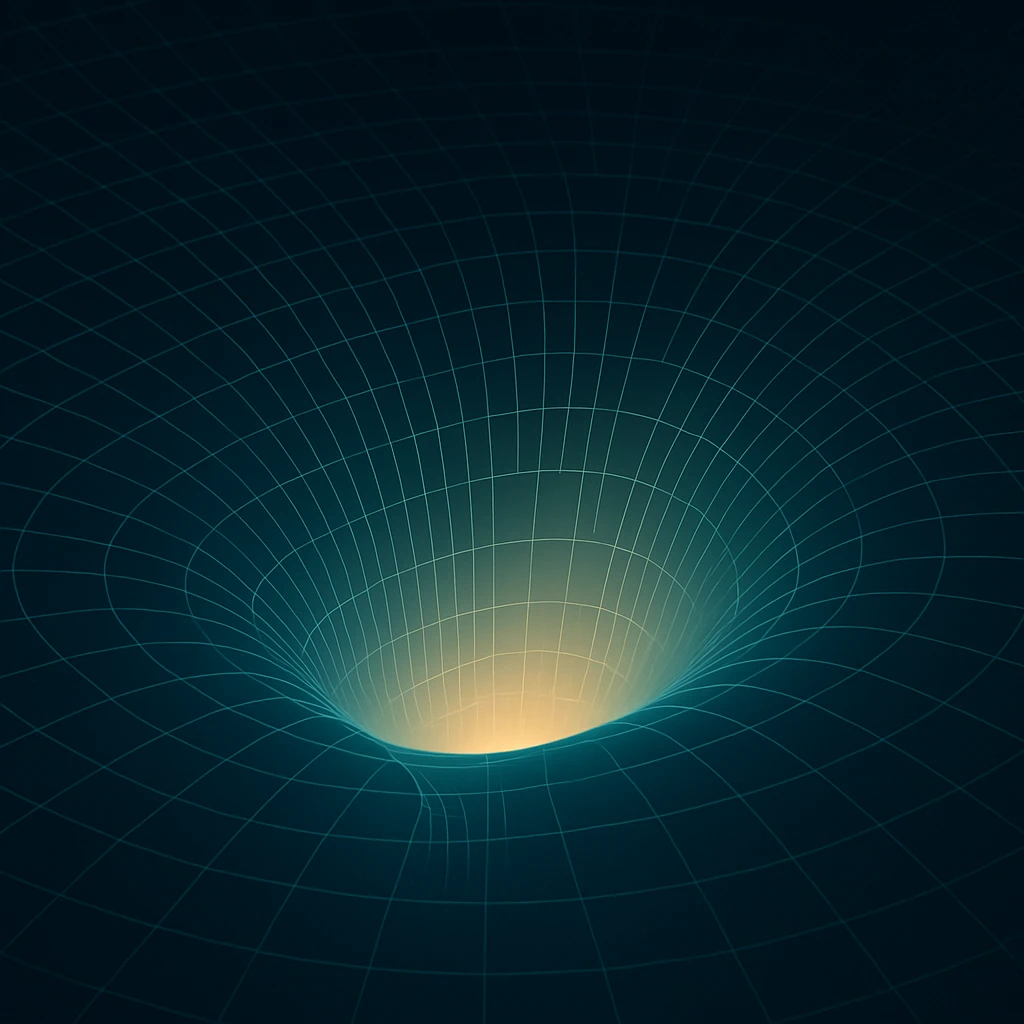
"Time travel into the future is already proven-it happens every time an astronaut or particle travels close to light speed," says Dr Maren Solis, a theoretical physicist specializing in relativistic spacetime. "Einstein's equations make it clear that time slows down as velocity increases. The real challenge is navigating how far, and how fast."
According to special relativity, time dilation makes future travel possible in principle. If you could travel near the speed of light and return, less time would pass for you than for everyone else. This has been confirmed by experiment, even if only by microseconds. But to stretch that effect to centuries would require energy beyond our current capabilities.
The bigger mystery is backward time travel. General relativity allows for strange solutions called closed timelike curves-paths through space that loop back on themselves. Theoretical constructs like wormholes or rotating black holes (Kerr geometry) might permit this. But none are proven to exist, and even if they did, they would likely require exotic matter to stabilize-a material with negative energy density that has never been observed.
Dr Solis warns that past-directed time travel may conflict with the second law of thermodynamics. "Entropy must increase. Time has a direction. If you reversed that, you would be asking the universe to un-mix paint or un-break eggs. Nature does not like that." She adds that paradoxes-like killing your own grandfather-may not just be problems of logic, but of fundamental physics.
Still, she believes exploring these limits is worthwhile. "Even if time travel is impossible, the search helps us understand the shape of time itself. And if it is possible, it would be the greatest scientific leap in human history."
Skygaze Twist
What if time travelers already exist? Some strange stories, photographs, and sightings suggest visitors from the future might walk among us-careful not to disturb the flow of time.





